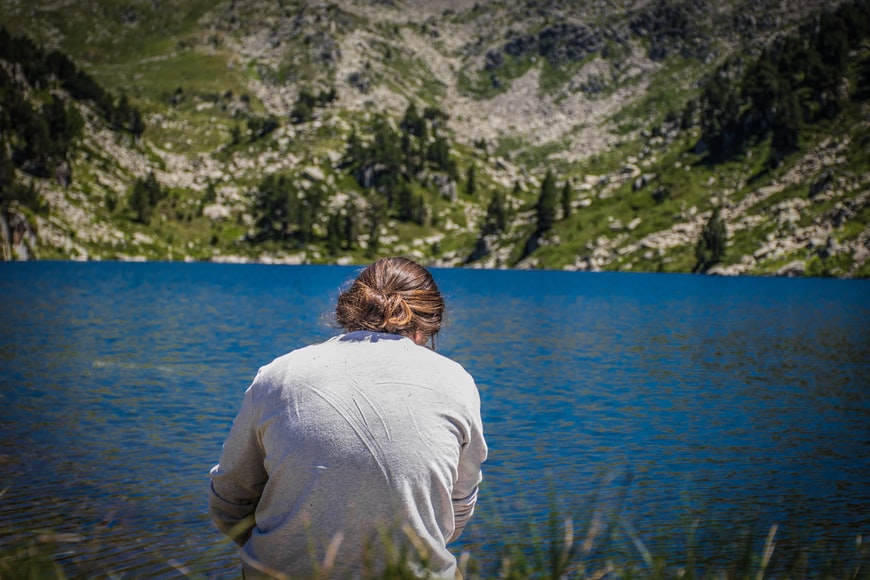Dr Kate Strudwick, Dean of Lincoln Academy of Learning and Teaching (LALT), shares her reflections on preparing and planning for meeting challenges within teaching and learning and student experiences.
We return, with other higher education institutions in 2021-22, on the back of sustained strategic commitments to ‘flexible’, ‘blended’ or ‘hybrid’ delivery. This transition for HE focused upon meeting challenges presented through Covid-19 with the swift adoption of online teaching delivery, enhanced use of digital pedagogy, amendments to accessible assessment formats (aligned with quality and standards), and collaborative, joined up, approaches to enhance the holistic student experience. Such shifts have required institutions to be flexible, agile and adaptable in their responses to such drivers, which has highlighted the important role of the wider learning community in such efforts. The values inherent in the development of effective partnerships with students, making sure they were sustainable for multi-disciplinary collegiality across teams and departments, have all been fundamental, but more importantly what this transition has done is ‘shine a light ‘ on opportunities for different pedagogical routes, possibly areas with previous limited knowledge, and the greater optionality regarding how we deliver teaching and learning in HE.
At the University of Lincoln, LALT led the evaluation of blended learning, from both student and staff experiences, understanding what worked, where further support might be needed, and how we can bring this knowledge into planning for the next academic year and the new teaching strategy. Taking a phased consultative approach across the institution, perceptions of teaching and learning and areas of good practice were identified, with supportive resources showcased, alongside an acknowledgement of those areas that were perceived to be more challenging for both staff and students.
It is indeed taking this time to reflect strategically, to learn from such experiences that have enabled the development with Digital Education and use of the VLE for informed focused support for digitally enhanced pedagogies. By facilitating, and affording the necessary time and consideration, to ensure that accessible resources and support for digitally upskilling for teaching, learning and assessment can be strategically planned and resourced was core to how such challenges were met. Arguably such efforts have been beneficial for all stakeholders, especially considering the focus placed upon how well institutions have responded to such challenges, how much they focused on communication, accessibility through digital enhancements and made sure all f2f time was meaningful and valuable for students’ learning journeys.
This commitment to inclusive practices has also been demonstrated on a much broader level, when we consider the impact upon student experiences, and the myriad of factors that that entails. At the University of Lincoln we organised a Festival of Learning for students in the summer of 2021. This initiative proactively used the time after assessment and exams and represented a community approach of giving back to students, through a series of programmes and sessions for students to engage with. These were a mixture of in-person and online delivery, focused over four main themes, Academic, Skills, Wellbeing, Health and Sport and a live social event to conclude the Festival some of the sessions were student led, some were facilitated by academic staff and others were led by centralised services such as Wellbeing and Careers.
Following this event students have further been provided with the opportunity to engage by publishing in the University of Lincoln IMPact journal. A special student edition of IMPact has been developed to publish their reflections as student presenter/facilitators. The focus for these reflective written pieces, authored by students, addresses the rationale, key areas of development learnt, some of the challenges and lessons learnt. This initiative sits firmly within Student as Producer values and principles, a teaching and learning strategy developed in 2010 and embedded institutionally across programmes. This enables students to actively engage through research, teaching and extra curricula opportunities, to enhance their learning.
During this time to pause another area highlighted in the evaluative reports, and consultation through forums with key roles in teaching and learning, (e.g School Director of Teaching and Learning, Programme Leaders, Student Engagement Leads and Senior Tutors), is the significance afforded to recognition of what has been accomplished. In short, an acknowledgment of what staff, professional services and students have achieved, addressing what has worked and importantly understanding why from necessary feedback and dialogue. One of the key areas flagged up in feedback was the importance of wellbeing, sharing good practice and learning from others, to build a sense of belonging. By engaging in dialogue and One Community ethos at the University of Lincoln has further enabled the University to progress with new innovations to ensure excellence and quality of teaching and learning. This ‘time for reflection’ has embraced and signposted core areas of focus, providing a clear direction of what we have achieved collectively as ‘One Community’, and the integral roles we have all played to enhance teaching and learning and student experience.
Now is the time for institutions in HE to take stock and move forward with planning to meet challenges, learning from the strengths shown in action and pull together to enhance collegiality in practice- think about how you can be part of this?
About the author: Kate Strudwick is the Dean of LALT, at the University of Lincoln. LALT, as a community of practice, shares resources, showcases best practice and facilitates staff development for the academic community. Providing strategic leadership for innovations, details on collaborations, projects and enhancement of student engagement can be found here.
This article is kindly repurposed from AdvanceHE and you can read the original here: Taking the time to pause & reflect
